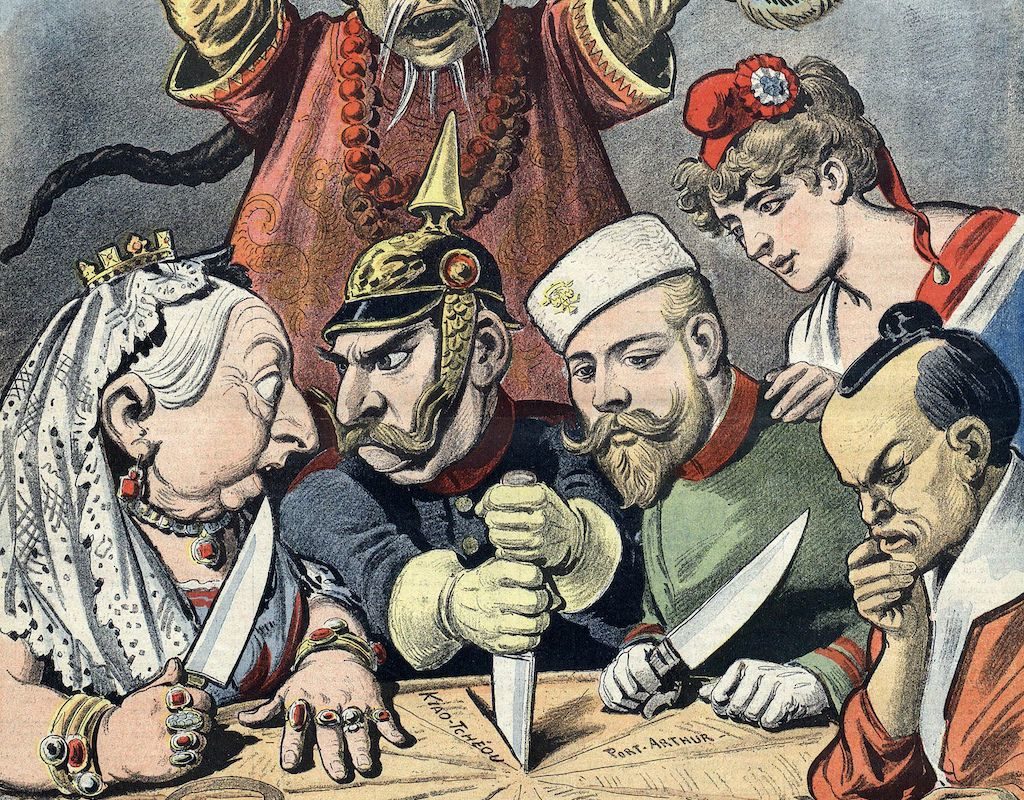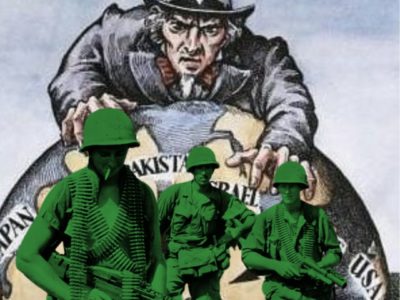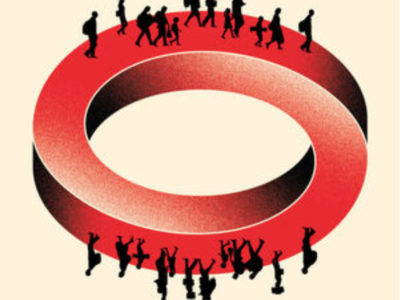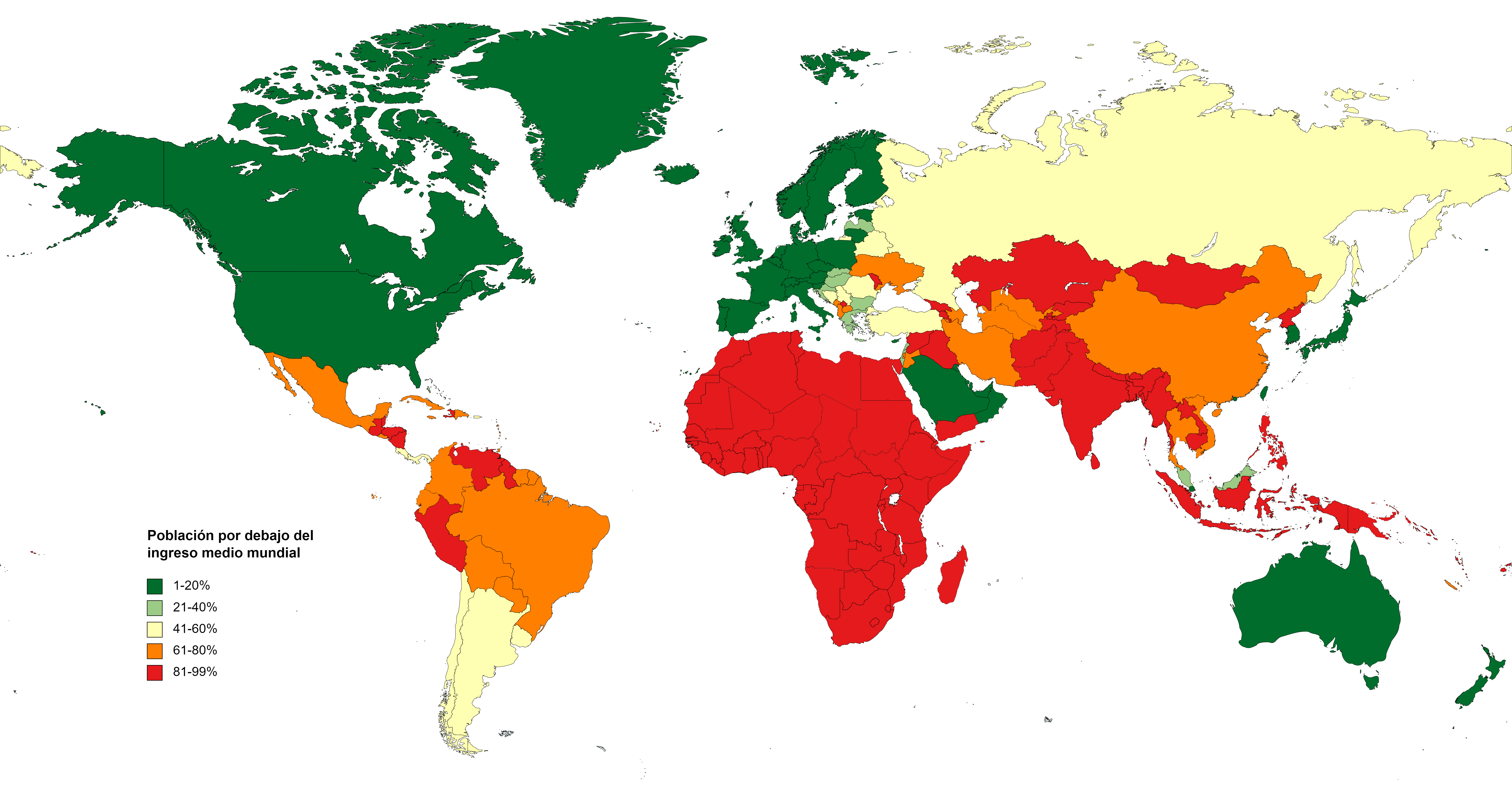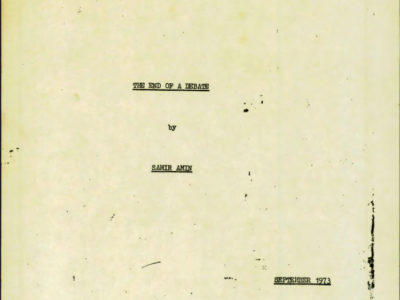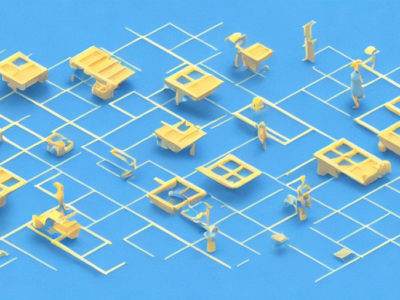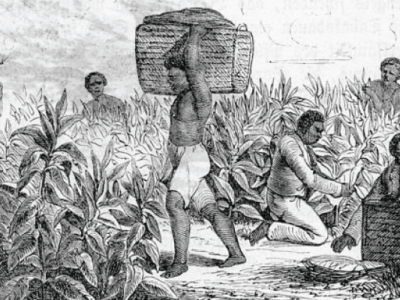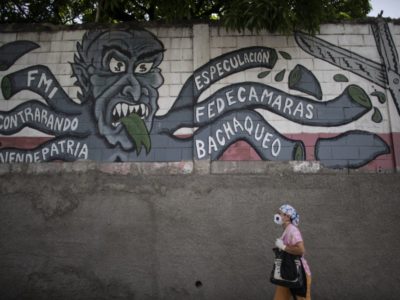What is imperialism and why is it important to have a precise definition?
Let’s stop for a moment and think how we would answer the question: what is imperialism? We are an anti-imperialist movement, we are fighting against imperialism, and if we are stopped on the street and asked what are we trying to fight against, what should we say? It is very likely that each anti-imperialist would give a different definition without necessarily being consistent with the definition of the other anti-imperialists. It may be a simple problem, but it has very deep consequences: if there is no consensus on a common understanding of the problem, then there cannot be a consensus on the solution. In other words, if we don’t agree on what we’re fighting against, we are likely to fight against different things, hence there is no unity in struggle.
When people think about imperialism, the first thing that comes to their mind is military intervention or some kind of interference in the affairs of other countries. By “interference” we mean a violation of sovereignty in any field, be it military, economic or cultural. Therefore, sometimes we find terms like: cultural imperialism, economic imperialism, etc. In this sense, imperialism is presented as a type of aggressive foreign policy of certain countries.
The origin of this interpretation can be traced back to Hilferding via the works of Lenin. It was Hilferding who considered imperialism to be a form of territorial expansion (Arrighi, 1983). Lenin and Bukharin based most of their work on Hilferding and Hobson, and in turn, insisted on the importance of war for imperialist expansion and competition. (Dunaway)
Sometimes we find ideas about imperialism in the sense of relations of domination and dependence between countries. These ideas go beyond the conception of simple foreign policies and try to explain imperialism in terms of power relations between the rich and poor countries. (Li and Kotz, 2020)
The most common definition we find is Lenin’s classic definition. Lenin defines imperialism in five points: (Lenin, 1916)
- the concentration of capital produces national monopolies,
- industrial and banking capital merges into financial capital, giving birth to the financial oligarchy,
- the export of capital replaces the export of goods,
- the formation of international monopolies, and
- territorial division of the world between the capitalist powers.
An alternative interpretation
While the above approaches are not wrong and they do capture the essential characteristics of what imperialism is, it can be said that they do not succeed in addressing the problem in its entirety nor grasp the full picture. Thus, if we focus on one or a few aspects of imperialism, we can draw wrong conclusions that can become counterproductive rendering our struggle ineffective or even contrary to our intentions.
Reaching a common definition is a collective work of all anti-imperialists. We want to give the first impulse to this discussion process and propose a definition based on the latest academic research in this field by Torkil Lauesen, Zak Cope and Donald Clelland, among many others. We build on the tradition of unequal exchange theory, dependency theory, world-systems analysis and Global Capitalism School.
Although it is very difficult to reduce such a complex concept to a single sentence, we would like to propose the following one:
Imperialism is a hierarchical system based on the transfer of value, which constitutes its economic infrastructure, which in turn is being reproduced by the ideological, political and military superstructure.
The key to the definition lies in the conceptualisation of imperialism as an integral whole whose elements are the individual states and which share common processes–that is, it is a system. Individual states produce value (we can also call it wealth, economic surplus, etc.) that does not necessarily remain within their borders but, thanks to economic mechanisms, flows to other states. The states in this system form a hierarchy according to this flow of value so that the states which produce value and do not enjoy it find themselves at the bottom of the hierarchy, while the states which appropriate and enjoy the value created by other states are at the top. (Clelland, 2012)
There are other ways of referring to this division, for example: Global North-Global South, First World-Second World-Third World, etc. According to the tradition of dependency theory and world-system analysis, this type of division is called the centre-periphery hierarchy and consists of three elements:
- periphery: the countries at the bottom of the hierarchy
- centre: the countries at the top and
- semi-periphery: countries with an intermediate status that benefit from the value extracted from the periphery but at the same time lose some of it to countries in the centre.
The economic basis of the system is capitalism and its logic of accumulation. (Chase-Dunn, 1998) When we talk about capitalism, we talk within the framework of individual states and in abstract economic terms. In practice, the imperialist system is the real existing form of capitalism. For that reason, imperialism can also be called global capitalism.
Imperialism in the sense of the flow of value from the periphery to the centre of the system is institutionalised and its institutions were transformed and adapted to each era. Thus we can distinguish historical periods of the development of the system from the periods of classical colonialism, neo-colonialism and neo-liberalism.
Classical colonialism sought to incorporate non-capitalist territories into the system by using military conquest, to maintain the system by force and direct management of the colonial territories, and to apply extreme forms of coercion such as slavery in order to extract value from the peripheral labour force.
In neo-colonialism, the direct application of force was replaced by the formal independence of the peripheral regions and their de facto dependence through military “aid” and economic “cooperation”.
The current era of neoliberalism is based on institutions that stand above the sovereignty of states and that control the market mechanisms: IMF, World Bank, etc. (Robinson, 2004)
What guarantees the integrity of this economic base is the superstructure of the system. The superstructure manifests itself in military, political and ideological policies. While military force and political relations maintain the balance of the economic system of plunder, ideology gives it legitimacy and builds the moral system to sustain the stereotypes that allow not to question the status quo.
What do we mean by the balance in the system? Peripheral countries are in a position that condemns them to perpetual underdevelopment, a situation they want to change. To be able to change it, they have to change the economic model to one that contradicts the logic of the system. Such a change and possible delinking can lead to crises of the system and blockage in the process of accumulation of capital and wealth. Examples of this type can be seen in countries that resist the systemic logic, such as the Democratic People’s Republic of Korea, Cuba, Venezuela, etc.
In the semi-peripheral zone, we have states that want to move up the hierarchy of the system while challenging the countries of the centre and their hegemony. Today we have the example of China and Russia, whose development poses a danger to the interests of, for example, the USA. In the past, the USSR threatened to change the economic infrastructure of the system itself.
While the countries at the bottom are struggling to improve their position within the hierarchy, the countries at the centre are fighting not to lose their dominant position. The example can be seen in the United States, which is trying to preserve its hegemonic position by all means.
In all these previous examples we can see how military intervention, political interference, economic pressure and their ideological justification serve to prevent changes in the logic of the system and preserve the “balance” that guarantees the well-being of the few at the expense of the misery of the many.
Therefore, instead of understanding imperialism as a set of states in the form of more or less autonomous entities, we propose to analyse it as an integrated system with common processes.
Consequences of our interpretation
If we compare our approach with the other ideas on imperialism, we can draw several important conclusions that affect the strategy of the struggle.
When we talk about imperialism in the exclusive sense of an aggressive and interfering foreign policy, it is usually put in the context of a particular country or power, for example: “American imperialism”, “French imperialism”, “English imperialism”… If it is a question of policies, and we put all our forces to stop them, can we say that the end of these policies means the end of imperialism? According to our perspective, no. According to our perspective, the aggressive policies are a way of keeping the position in the hierarchy, therefore, the end of these policies would simply mean that another power would have the chance to step in and keep the “loot”.
In the same way, if we consider imperialism only as a relation of dependence, can we assume that the respect of the sovereignty of the dependent country would put an end to imperialism? Again, no. Previous eras show us that this may not be the case. The wave of anti-colonial struggle and the struggle for national liberation, although it has brought immense emancipation of the oppressed peoples, did not know how to defeat the logic of capitalist accumulation and again found itself in the position of dependency. Imperialism adapted itself to the new circumstances and found a way to restore the “balance”.
Talking about Lenin’s definition, we can say that it belongs to a particular historical epoch and does not reflect all the ways of imperialist development to this day, making it anachronistic.
Towards a common strategy
In order to put our perspective into practice, it would be important to talk about the method of analysis. The Marxist tradition offers us a very powerful tool: dialectics. Based on Mao’s work on contradiction, the Danish anti-imperialist academic Torkil Lauesen, in his work “The Principal Contradiction”, presented a way to develop strategy by analysing contradictions within the system. (Lauesen, 2020)
First, what is a contradiction? In a simple way, we can say that it is about two mutually dependent pieces that are in opposition.
The processes in the system are developed through contradictions. For example, if we think about the relationships between those who produce value and those who appropriate it, we can identify contradictions at various levels: between states at a regional or global level, between regions within the same state, between classes within a society, etc.
Moreover, in the current neoliberal era, we can find the contradictions between the state and accumulation (the need of the people to maintain the welfare state and the need of the capitalists to eliminate it to facilitate the accumulation of wealth), between economic growth and natural limits (the need to expand production and markets to increase profits on the one hand and the limited resources of the planet on the other hand).
The contradictions are numerous, but only one is dominant. Therefore, if imperialism is a system, then all the contradictions arise from its structure. In this sense, the main and dominant contradiction appears in the capitalist logic of accumulation. Its consequences are competition between the countries of the centre for access to resources and new markets, and blocking of the development of the periphery (caused by the transfer of value).
In other words, all the problems we observe today: poverty, wars, ecological catastrophe, discrimination and immigration, are all integral parts and at the same time consequences of the capitalist logic of accumulation. They will inevitably reappear again if their origin, which is the main contradiction of imperialism, is not eliminated. By eliminating it, imperialism will be eliminated as well.
A failure to identify the hierarchy of contradictions within the system can affect our strategy of struggle in such a way that, without being aware of it, we end up supporting policies, groups or movements that strengthen imperialism instead of weakening it. The most common trap is the so-called “third way” or “neither-nor”, which focuses on the secondary contradictions while strengthening the primary one. Examples of such positions can be seen in attitudes such as “Neither Assad, nor NATO”, “Neither Maduro/Lukashenko/Ortega/(name your favourite”dictator) nor opposition”, etc. Apart from confusing the victims with the executioners, those who argue in this way also ignore the marginality of their own strength and their lack of capacity to become a relevant actor to carry out their ideal objective. In this way, their attitude becomes implicit support to systemic forces.
Therefore, analysing the contradictions, the most important thing is:
- to put the local struggle in a global context in relation to processes and actors worldwide,
- to understand our place in these processes and how we can strengthen the struggle, and
- to have a clear strategy with the aim of weakening imperialism.
Transnational focus
The imperialist system, or global capitalism, is in a systemic crisis. The current system of accumulation has reached the limits of growth and is threatened by its own contradictions. The consequence can be either transformation or collapse. What we do not know is whether the end result will be a new system of plunder or a fairer system. What we do know for sure is that a better system will not appear by itself. It needs to be built and for that, we need a movement.
What kind of movement will be able to build a new world? The first obstacle to overcome is the idea that the scope of the struggle has to be local and national. Imperialism is global capitalism, it is a system that covers the whole world and does not respect the borders. Borders are not an obstacle for the capital, but only for the people. Therefore, the focus of the new movement has to be global from the beginning. The movement has to be transnational, the anti-imperialist struggle cannot be submitted to the objectives of the local struggle, since the “local” is the direct consequence of the global processes.
The second obstacle is to identify groups and movements with an anti-systemic character. Not all those who call themselves anti-imperialists weaken imperialism, just as many movements that do not identify with anti-imperialism can have an effect (consciously or not) on weakening the imperialist system. Therefore, the new movement has to be anti-systemic, including all kinds of movements that aim at putting an end to the logic of capitalist accumulation.
For the elaboration of the proposal on the organisation please refer to: Towards A Transnational Anti-Systemic Movement Against Imperialism
This text has been published originally in Spanish by Anti-Imperialist Internationalist Front: ¿Que es el imperialismo?
References:
- Arrighi, Giovanni. “The Geometry of Imperialism”, 1983.
- Chase-Dunn, Christopher. “Global Formation: Structures of World-Economy”, 1998.
- Clelland, Donald. “Surplus Drain and Dark Value in Modern World-System”, 2012. (In Handbook of World-Systems Analysis, ed. Christopher Chase-Dunn and Salvatore Babones. London: Routledge.)
- Dunaway, Wilma. “History of Development Theory”, unpublished.
- Lauesen, Torkil. “The Principal Contradiction”, 2020.
- Lenin, Vladimir Ilich. “Imperialism, the Highest Stage of Capitalism”, 1916.
- Li, Zhongjin. Kotz, David. “Is China Imperialist?”, 2020.
- Robinson, William. “A Theory of Global Capitalism”, 2004.

